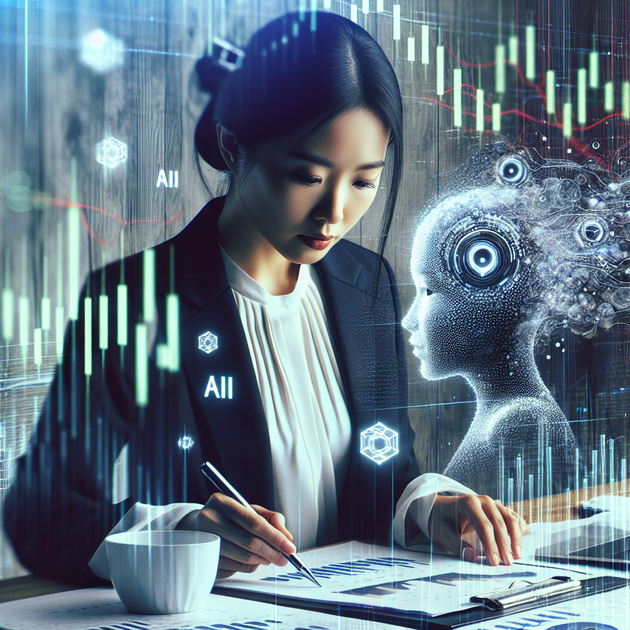The ai bubble is making headlines again—this time thanks to famed “Big Short” investor Michael Burry. Known for predicting the 2008 financial crisis, Burry has reportedly placed a massive $1 billion bet that today’s artificial intelligence boom could soon face a tough reality check. But what makes him so convinced? Let’s dig into why this matters for investors and anyone watching the fast-moving world of technology.
Who Is Michael Burry—and Why Listen to Him?
Michael Burry isn’t just any investor. He gained global fame after his early warnings about the housing market crash—a story dramatized in the film The Big Short. Since then, he has built a reputation for swimming against the tide and challenging popular trends. His latest focus? The runaway excitement—and risk—around artificial intelligence stocks.
- Burry predicted the 2008 housing crisis when few did.
- He often takes contrarian positions on market trends.
- His latest move targets companies riding the current wave of AI enthusiasm.
What Fuels Concerns About an AI Bubble?
AI is everywhere right now—from chatbots to self-driving cars and advanced analytics. Tech giants like Nvidia and Microsoft have seen their shares soar as investors pour money into anything with an “AI” label. But some experts wonder if expectations have outpaced reality.
The term “ai bubble” refers to a possible scenario where stock prices in this sector become disconnected from real-world business results. Think back to the dot-com era of the late ‘90s—when internet stocks boomed before crashing hard. For more on that history, check out this overview of the dot-com bubble.
Signs That Worry Investors Like Burry:
- AI stock valuations are extremely high by historical standards.
- Some companies with little revenue see huge investments just for having “AI” in their pitch.
- Real-world adoption may take longer than expected or fail to meet sky-high projections.
Billion-Dollar Bets: How Does This Work?
Burry’s wager isn’t a simple “sell” order—it likely involves complex financial tools like put options that profit if certain stocks fall in value. While details haven’t been made public, these kinds of moves let big investors bet against entire sectors without owning shares outright.
It’s important to note that betting against a hot trend can be costly if markets keep surging longer than expected. However, those who called past bubbles early (like Burry with housing) sometimes faced ridicule before being proven right.
The Human Side: A Quick Anecdote from Market History
In early 2000, tech enthusiasts poured money into every company remotely related to the internet—even pet food startups saw millions in funding with no clear path to profits. When reality hit, fortunes vanished overnight. A friend once told me how they lost half their savings chasing hot tips during that era—not because they didn’t understand technology, but because hype clouded judgment. The lesson? Excitement can drive prices up fast but doesn’t protect anyone from a crash when fundamentals disappoint.
What Happens If the AI Bubble Pops?
If history is any guide, popping an ai bubble could mean:
- A sharp drop in AI-related stock prices.
- Tougher funding conditions for startups chasing easy money.
- More focus on real results versus flashy promises.
Some say corrections can be healthy—forcing weaker players out while strong companies adapt and thrive.
For another perspective on how bubbles influence markets long-term, see this analysis from Harvard Business Review on market risks beyond bubbles.
Bigger Picture for Investors and Observers
Michael Burry’s bet doesn’t mean doom is certain—but it spotlights risks some may overlook amid record-breaking enthusiasm for all things AI. Whether or not you agree with his outlook, understanding both sides of this debate is key for anyone following tech or investing trends today.
A Few Points Worth Considering:
- The fundamentals behind major AI companies remain strong—but not every startup will survive.
- Skepticism can help balance unchecked optimism in markets.
- No one—not even experts—can predict timing with certainty.
Your Turn—What Do You Think?
If you were in Michael Burry’s shoes, would you make such a bold bet against today’s hottest trend? Or does the potential of artificial intelligence still outweigh fears of an ai bubble? Share your thoughts below or discuss with friends—it’s a question shaping tech and finance headlines worldwide.

Leave a Reply